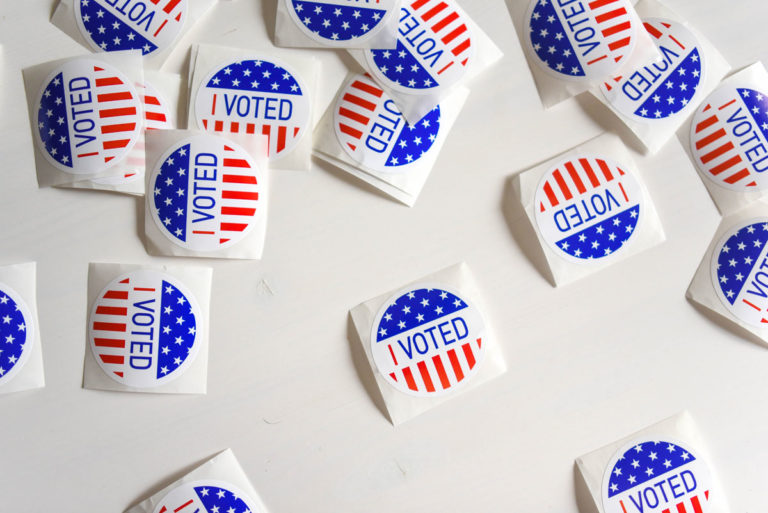Table of Contents
The 2020 election season has been a major stressor for many Americans. In fact, 68% of U.S. adults say the 2020 election is a significant source of stress in their life, which is a 30% increase from 2016. When the spotlight turns to college students, 25% of college students experienced clinically significant stress related to the 2016 election – in a time before a global pandemic that gave rise to increased student stress and anxiety. At TimelyCare, our platform data also indicates that student demand for virtual mental health care continues to surge, with mental health visits increasing 32% in October compared to September. How can schools support student mental health in response to an election that is likely to have an extended timeframe?
1. Ensure campus mental health resources are prepared, and that students know how to gain access.
As we’ve previously noted, it’s critical that students know how to access your campus’ mental health resources. During the aftermath of this election, your campus mental health resources need to be ready and available. This may mean scaling up efforts around awareness, and making sure that enough providers are available to meet demand. If demand for mental health services rapidly grows, services like telehealth and other virtual care support options can help your existing resources scale to meet the needs of your students.
“It’s important that, during this time, you are available to listen — not just express your viewpoint,” said Dr. Jan Hall, executive director of mental health at TimelyCare. “Remember: some students will perceive they won and some will perceive they lost when the results are counted.
“Remind students of resources such as virtual care, residence hall advisors, faculty, coaches, administrators and the campus counseling center if they want to process the events by talking to someone.”
2. Encourage students to take breaks from election coverage on television and social media.
The coverage of the election isn’t likely to slow down anytime soon. Plenty of the news on television and social media will continue to be a concern for students. While political discussion can be healthy, it can also cause stress and anxiety. As such, be sure that your mental health awareness campaigns encourage students to take a break from the television and online chatter as much as possible.
3. Promote self-care for students who may need it.
These are already difficult times for students. That’s why self-care should be a top priority for students struggling with their mental health. These self-care suggestions for college students will empower them to confront and manage stress, which will make students, the people they care about and your campus community stronger.
4. Support students avoiding isolation, while maintaining appropriate public health guidelines.
As we move into the cold and flu season, the potential for a “twindemic” of COVID-19 and the flu is increasingly possible. With students needing connection and support, schools must make sure students are aware of public health guidelines to keep them and their friends and family safe and healthy — including recommendations on how to handle high-risk situations and possible exposure to COVID-19.
“As we move forward, remind students that we live in a country where we can have differing opinions and still work together for good,” said Dr. Hall. “Ask students how we can improve and listen better to each other on a college campus.”
Student health and wellness should continue to be a top priority as schools navigate these challenging times. Contact TimelyCare to learn how telehealth can support your students with 24/7 access to medical and mental health care.


